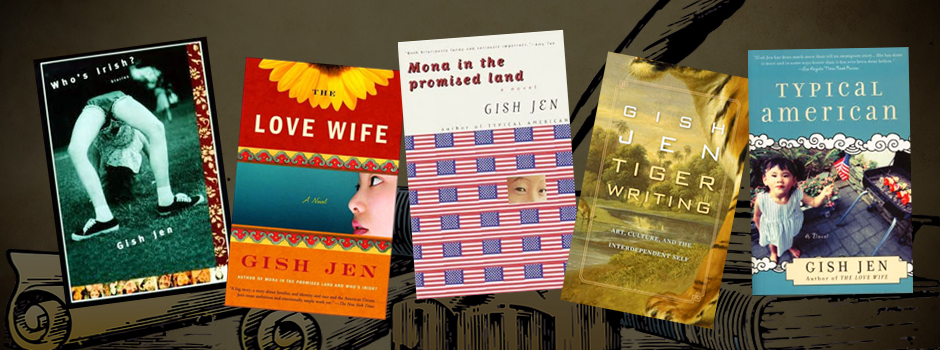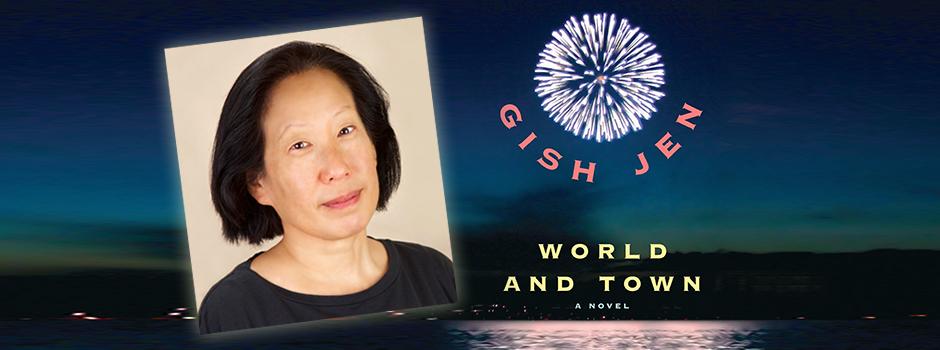Gish Jen is not only "the Great American Novelist we're always hearing about,” (according to Pulitzer Prize-winning author Junot Diaz) but now NYU Shanghai’s newest Visiting Professor of Literature.
She is the author of five novels Typical American, Who's Irish?, Mona in the Promised Land, The Love Wife, and World and Town. A Fellow of the American Academy of Arts and Sciences, she has not only appeared in the New Yorker, the Atlantic, the New Republic, the Paris Review, and Granta, but also was included in the Best American Short Stories four times, including the Best American Stories of the Century, edited by John Updike. Jen’s newest nonfiction work, The Girl at the Baggage Claim: Explaining the East-West Culture Gap, is set to come out February 2017.
In answers to our questions, Gish explored identity in nonfiction and told us about the moment she knew she had to write.
Q: You were studying business when you decided to switch to writing. Since, you have become a successful author. Was there an epiphany? When did you decide “I have to be a writer”?
Because my parents were immigrants, we did not know a lot of other people very well. And so we attended very few weddings, and even fewer funerals. Indeed, I grew up with no real experience of death and did not entirely grasp that people died until I was in my twenties.
Of course, it was a shock to realize then, not only that my parents would one day die, but that I would, too. Once I realized it, though, I also knew that I would one day be lying on my deathbed, and that if I kept on in business school, I might well be lying there wishing I had tried to become a writer. And wouldn’t that be ridiculous? So I really had to try and write.
Q: Tiger Writing was your first work of nonfiction. Did it allow you to explore identity in a different way to your novels?
I don’t think I would ever have sat down to write nonfiction at all had Harvard not asked me to deliver a series of lectures called the Massey lectures. But they did; and so I was stuck trying my hand at something I had never considered doing. I could not imagine it was going to be very interesting.
How wrong I was! In nonfiction, as in fiction, my preoccupation was with culture and identity. It opened my mind and my life, though, to scrounge around a bit and discover that people in other fields had the same preoccupation as I did, but very different approaches. I read the studies done by, for example, cultural psychologists with as much avidity as I had any novel, and felt the way I imagine twins separated at birth feel when they suddenly discover that, unbeknownst to them, someone just like them has been wandering the earth. I felt the most amazing mix of discovery and recognition.

Q: Do you foresee your time in Shanghai informing future writing projects? If so, what do you think you’ll write about?
It’s way too early to say how Shanghai will inform my future writing, or what I’ll be writing about. This is such a rich and provocative environment – a gift to any writer, and especially to a writer with my preoccupations. I am so grateful for this time, and am waiting myself to see what comes of it.
Join The Literary Reading Series at NYU Shanghai on Wednesday, September 28 for Jen’s featured reading, with introduction and discussion moderated by Associate Director of the Writing Program and Lecturer at NYU Shanghai Jennifer Tomscha.


